REVIEW: Manhunt (2017)

John Woo is without a doubt one of the finest action filmmakers alive, so it comes to no surprise that whenever his name is attached to a new project, eyes of action film fans widen. Unfortunately, while not as consistent quantity-wise as other Chinese filmmakers, Woo’s quality track record ever since returning to China has ranged from above-average to just plain meh. Between 2004 and 2017, he has tried to dabble in the epic genre – one grand (Red Cliff) and one melodramatic (The Crossing). While both films have their merits and trademark Woo moments, they pale in comparison compared to both Woo’s Hong-Kong and Hollywood glory days.
Around the same time, Chinese action films were on the rocks. An over-reliance on slipshod CGI replaced intricate wire-work and blood squibs, rendering most action sequences to fall in the implausible category. Fellow Hong Kong veterans like Tsui Hark (The Taking of Tiger Mountain), Ringo Lam (Sky on Fire) and even Johnnie To (Three) succumbed to the China-HK CGI decree. Gone were the days where the action, however nonsensical, felt tangible due to the creative limitations brought upon by the lack of computer-generated backgrounds and effects.
All eyes were on Manhunt, which is touted by Woo himself as a sort-of return to his heroic bloodshed era. Woo was reportedly given free reign by Chinese producers, which added fuel to the fire. An international cast consisting of Chinese, Japanese and even South Korean stars further cemented Woo’s brand name internationally. If this one fails, then there all hope for Hong Kong veteran action filmmakers will be lost.
Manhunt was originally a 1976 Japanese actioner, starring local superstar Ken Takakura as a cop who is framed for corruption and goes on the run; the film was a big hit in China during that time and made an impression on audiences, including Woo. Remaking the film from its original source material – a novel by Juko Nishimura, Woo updates it to the 21st century by changing cop to hotshot pharmaceutical lawyer Du Qiu (Zhang Hanyu of Operation Mekong fame) and corruption charges to flat-out murder. Du Qiu, you see, was a top advisor for a shady Japanese pharma company and its CEO Sakai (Japanese veteran Jun Kunimura). Sakai’s deadbeat son Hiroshi (Hiroyuki Ikeuchi) suspects that Du Qiu knows too much family secrets, so decides to have him offed and discredited by planting a dead body on Du Qiu’s bed. Naturally, the innocent Du Qiu goes on the run, with equally hot-shot but dutiful Japanese cop Yamura (Masaharu Fukuyama) on his tail, going all Sam Gerard on his ass. Both men eventually discover that a dead scientist’s widow (Stephy Qi) may hold the key to Du Qui’s innocence… and another dark corporate secret.
After seeing this film, I can say that this film does not certainly fail, but it could’ve been executed so much better. There’s quite several things wrong with this one, I’m guessing even Woo can’t escape the dreaded Chinese CGI machine. I’m also baffled that the story in the final third took a drastic 90-degree turn to bizarrely revolve around super medicine, not unlike Ringo Lam’s dismal Sky on Fire the previous year. Two subplots – one involving two hired assassins (Angeles Woo – John’s daughter, and South Korean star Ha Ji-won) and another involving Yamura’s bubbly assistant (Nanami Sakuraba) – feel completely shoehorned in and adds little (not none, surprisingly) merit to the main plot. Add to that some truly awkward stilted dialogue and bland acting – 65% of the film is in English, spoken by Asian actors who do not speak it natively – and you have the makings of an unintentional comedy.
But when the film works, it works. Despite the presence of CGI, and a lack of action compared to Woo’s heyday, whatever action there is is muscular, stunt-filled and gracefully choreographed, the way Woo used to do ‘em. Blood squibs – both CGI and pratical – are ruptured. Bodies flail in death dances. Rounds of ammo are unloaded into a single individual. Shotguns, automatic rifles, dual-wielding pistols, bikes… they’re all here, and they’re done as stylishly well as you’d expect from Woo.
Strangely enough though, Woo does indeed go hog-wild in some sequences, but not in the way I expected. In fact, there were moments that were so hilariously over-the-top, one particularly jarring moment involving his trademark doves, that had me laughing in stitches (some may cringe). It was as if Woo was deliberately parodying himself, knowing full well whatever he was doing is nothing short of utterly ridiculous, but clearly enjoying himself with an energy and pace I haven’t seen from him in years. That contributed greatly to my enjoyment of the film.
The film was enough to satiate my appetite, but not enough to bring this movie out of “average” territory. It is *still* a John Woo film though – even without the action sequences, the film still has a lot of artistic touches that make it look like a product of an auteur and not a botched studio corporate job – but it is John Woo-lite, which is a bit of a shame compared to his legendary previous work. Nevertheless, I must acknowledge that for a man that just entered his seventh decade of his life, he has made a far better film than many of his fellow HK companions, as well as other young Chinese hired guns. And it is 100% much better than his last effort in America – 2003’s Paycheck.
You could see this film as a mild practice run though – Woo is reportedly prepping up for his next film, which will revolve around a female assassin – before the master of action (or action surgeon) unleashes his full fury once again.
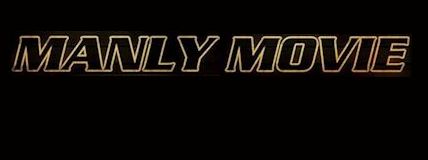

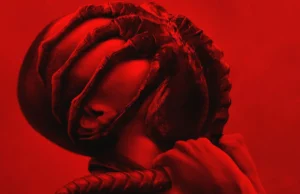

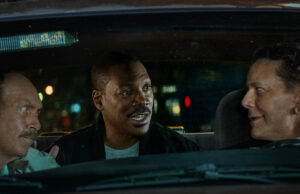
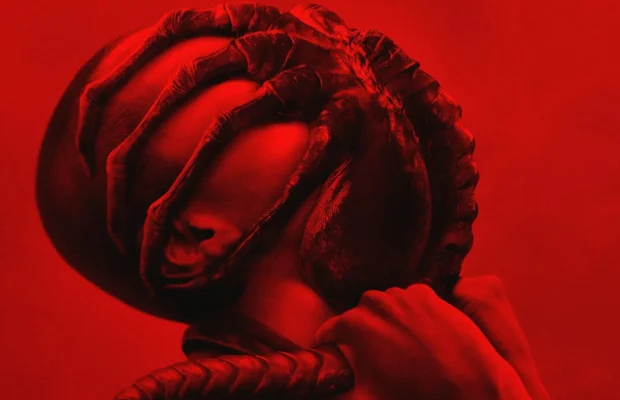




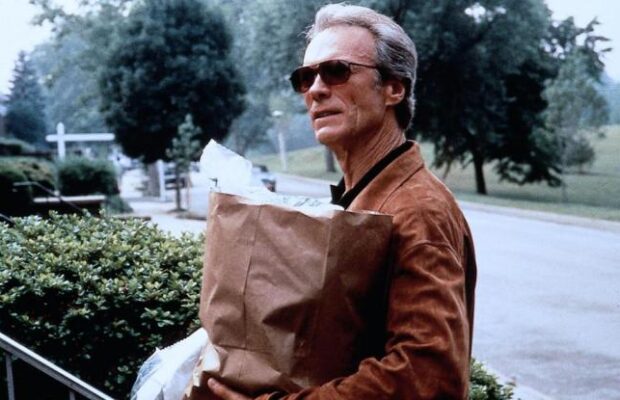




6 Comments